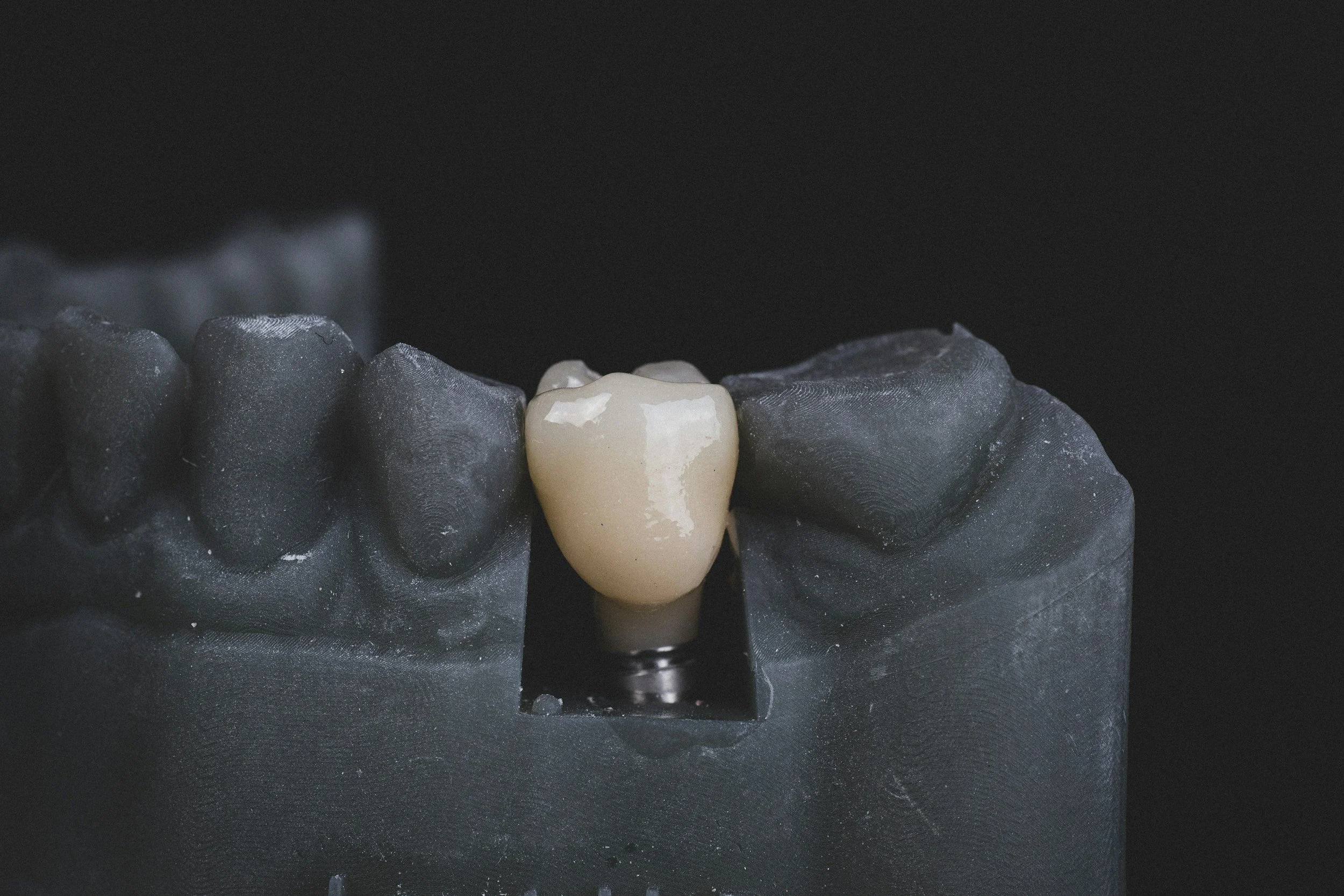Dental Hygienist
Definition: A dental/oral hygienist is a healthcare provider who provides a wide range of services to patients, such as dental cleanings, dental x-rays, oral health screenings, tooth scaling, etc.
Becoming a dental hygienist promises many benefits, such as flexible work schedules, directly improving the health of others, and dealing with different scenarios on the daily that will enhance your problem solving skills. Not only is it rewarding, but it is a career that can be obtained in very minimal time! Before deciding if becoming a dental hygienist is for you, ask yourself if you like helping people, like to work with people, and enjoy working on a team. If these boxes check off, then this career may be for you!
How do I get there?
Becoming a dental hygienist won’t take long, but requires very necessary steps.
Dental hygienist plan of action:
( Step one ) Earn a High School Diploma or a General Educational Development (GED) Certification.
From this point, you would move forward and earn your degree. This can be done in two ways:
( Step two ) Either attending a Dental Hygiene Associate program (2-3 years)
( Step two) or a Bachelor’s Degree program that will take 4 years.
The Associate degree programs provide astuteness with the practical skills needed for dental hygiene as well as knowledge of dental science that is needed to succeed in their career. These programs focus on the fundamentals of dental science, patient care, and procedures necessary for preventing and restoring dental care. Lab work is also completed, meant to provide students with experience with dental equipment. It is required in most institutions that students also complete 30 general education credits along with their dental hygiene courses.
On the contrary, students can choose to earn their degree by going down the bachelor’s path. This degree includes more in-depth education and training, as well as providing greater job opportunities post-grad. It also exposes students to opportunities to pursue positions that focus on research, education, and sales.
These qualities are the main differences between the associate’s and bachelor’s programs. This program takes about four years to complete and usually requires students to complete 60 general education credits rather than 30. This course is similar to providing students with the knowledge of dental science, but also requires more specialized knowledge, such as management and leadership.
After one obtains their degree:
( Step three ) You must study and pass the National Board Dental Hygiene Examination (NBDHE), as well as the clinical board examination that is required for your region or state.
The national exam typically lasts for 3.5 hours, and consists of 350 questions total that test on topics like Anatomy, Pharmacology, assessing patient characteristics, using preventive agents, Biochemistry, Nutrition, etc (Apps).
The minimum score that is required on the NBDHE is a 75/99, with the lowest score possible being a 49/99.
But what do they do?
Dental Hygienists are an important aspect of your dental appointment, whether this is before, during, or after the appointment. Some of their roles include:
Remove tartar, stains, and plaque from teeth
Apply sealants
Take dental X-rays
Report findings to dentists
Document patient care and treatment plans
Educate patients on oral hygeiene techniques such as flossing and brushing
Let’s talk about locations
Registered Dental Hygienists (RDH) work in a very broad variety of settings, and can be found in places like:
Private practices
Hospitals
Schools
Prisons
Community health centers
In conclusion…
Being a dental hygienist is very rewarding, and is a career that will expand your communication skills, but also your confidence.
Confidence to take charge and assist in leading a team of other healthcare providers, as well as trust your judgement and knowledge to help solve a problem. It’s almost like being a detective, a mouth detective, you could say. If any of these things sound interesting to you, look into Dental Hygiene!
Work Cited
“Dental Hygienist.” ExploreHealthCareers.org, 2016, explorehealthcareers.org/career/dentistry/dental-hygienist/.
Apps, Golden Egg. “The Steps to Becoming a Dental Hygienist and Taking the NBDHE – Golden Egg Apps.” Goldeneggapps.com, 16 Nov. 2018, www.goldeneggapps.com/the-steps-to-becoming-a-dental-hygienist-and-taking-the-nbdhe/. Accessed 30 May 2025.
Bastidas, Jorge. “12 Reasons a Career as a Dental Hygienist Could Be Right for You.” Carrington College, 8 Sept. 2022, carrington.edu/blog/12-reasons-a-career-as-a-dental-hygienist-could-be-right-for-you-2/.
Cleveland Clinic. “What’s a Dental Hygienist?” Cleveland Clinic, 14 Sept. 2023, my.clevelandclinic.org/health/articles/dental-hygienist.
U.S. Bureau of Labor Statistics. “Dental Hygienists: Occupational Outlook Handbook.” Bls.gov, 29 Aug. 2024, www.bls.gov/ooh/healthcare/dental-hygienists.htm.
U.S. Bureau of Labor Statistics. “Dental Hygienists.” Bureau of Labor Statistics, 18 Apr. 2025, https://www.bls.gov/ooh/healthcare/dental-hygienists.htm#tab-2.




